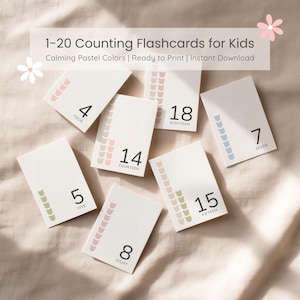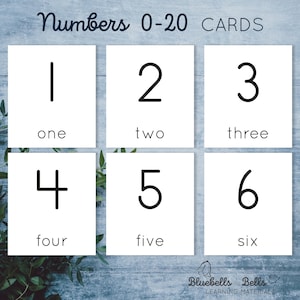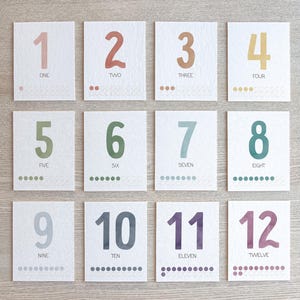Mathematical Mastery Through Strategic Card Play
Mathematics education has been revolutionized through the implementation of specialized card games that transform abstract numerical concepts into tangible, interactive experiences. Number recognition cards, featuring vibrant visual representations from 1 to 20, provide foundational support for early learners while advanced algebraic card sets challenge older students with complex problem-solving scenarios.
The sequential nature of card-based mathematical learning allows students to progress at their own pace while building confidence through incremental achievements. Pattern recognition, a crucial mathematical skill, develops naturally as students identify relationships between numbers, shapes, and mathematical operations presented on educational cards.
Research from leading educational institutions indicates that students using mathematical card games show 40% greater improvement in standardized test scores compared to those using traditional methods alone. The competitive element inherent in card games motivates students to practice mathematical concepts repeatedly, leading to automaticity in basic operations and freeing cognitive resources for higher-order thinking.




